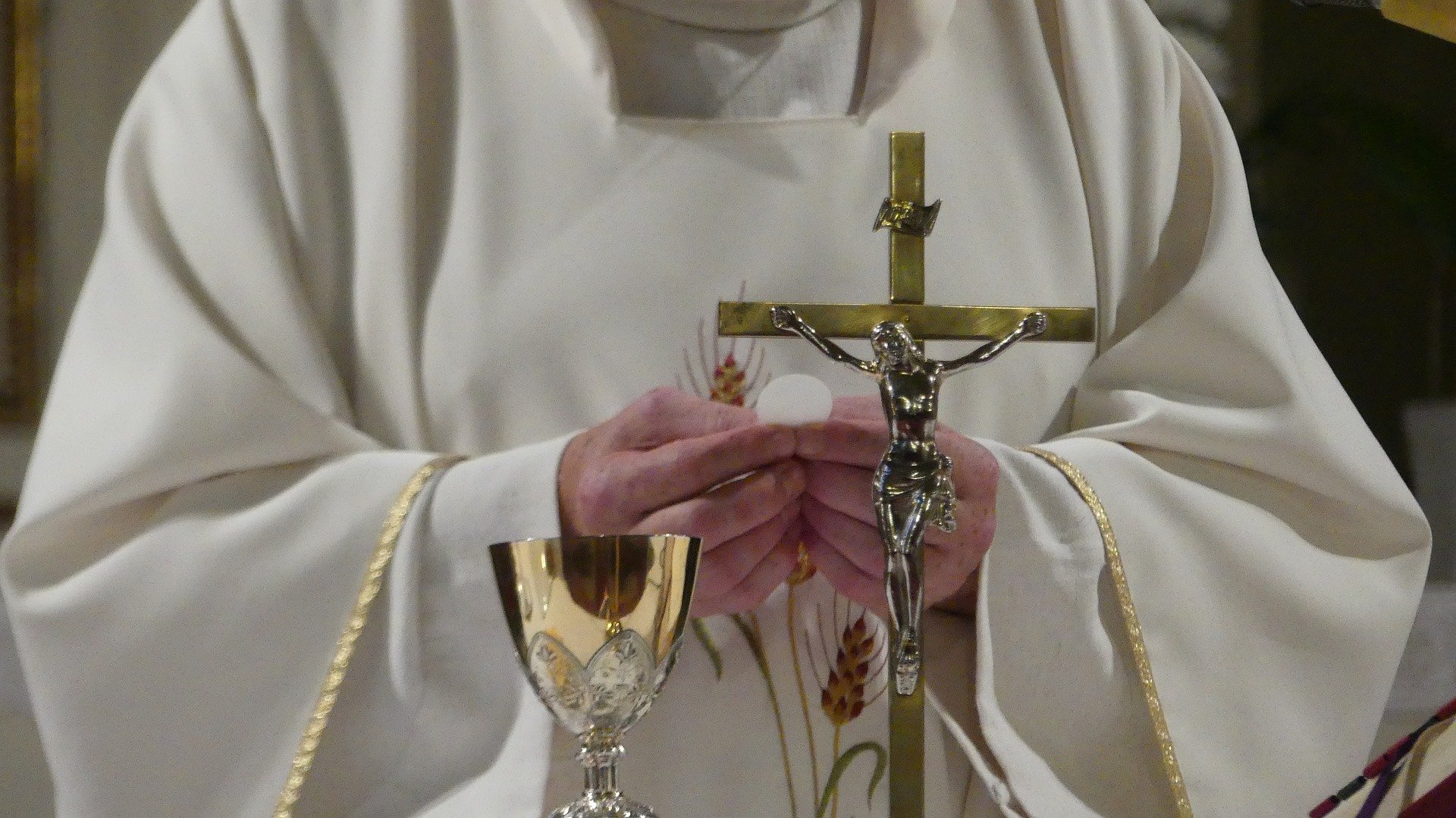Two readers asked the same basic question about final repentance and salvation.
Q. #1: “I am 80 years old now, but when I was a child, we had a priest who said to carry a card with a perfect act of contrition on it. He said we should pray it in case of accident, combat, or imminent death. For years I haven’t heard anything about a ‘perfect act of contrition.’ Is there such a prayer? Was I dreaming that our priest said that many years ago?”
Q. #2: “At one time, the Church promoted the practice of receiving holy Communion on the first Friday for nine consecutive months for the grace of final repentance to die in the grace of God. I haven’t read or heard anything lately about this great promise. Why not?
A: “One such prayer reads: ‘I promise you, in the excess mercy of my heart, that my omnipotent love will grant the grace of final repentance to all those who will receive holy Communion on the first Friday of the month for nine consecutive months. They will not die in disgrace, nor without having received the holy sacraments, and in those last moments my heart will be a safe refuge for them.’”
The short answer is that a person’s salvation reflects how that person has or has not cooperated with God’s grace over a lifetime. Praying is good; receiving Communion is good if the person is properly prepared. Neither action, however, constitutes a guaranteed “free pass” at the pearly gates or grounds for an appeal should St. Peter deny us entry.
To Questioner #1: “Perfect contrition” refers to motivation. It’s not sorrow for one’s sins because of punishment for them, but rather sorrow because one’s sins have defaced the image of God in which the sinner— and everyone else—was created. Because motivation is key, no particular set of words constitutes a “perfect act of contrition.”
Salvation will not be denied to someone who wants to say that prayer but has misplaced the card containing those words.
To Questioner #2: The custom of receiving Communion on the first Friday of the month is a fine custom, but again, it is not a “free pass” at the pearly gates or grounds for an appeal.
The text you cited could never be more than a private revelation, which is not binding for anyone’s salvation.
Historically, receiving Communion on first Fridays is linked to devotion to the Sacred Heart of Jesus, which also encourages regular confession. This devotion existed before St. Margaret Mary Alacoque (1647–1690) but increased considerably later. In the 17th century, devout Catholics did not receive Communion at every Sunday Mass, let alone every weekday Mass that they attended. In fact, receiving Communion began to be a regular practice for most Catholics only after St. Pius X issued a decree about it on December 20, 1905. His decree of August 8, 1910, lowered the age for first Communion.
Salvation is about grace, not about control. Human beings cannot say any set of words or perform any action that will oblige God to act in a certain way. People may deny that they are trying to do that, but some prayers and devotions suggest that it is possible to do an “end run” around God regarding salvation.
The birth of Jesus, which we celebrate this month, assures us that God loves the entire human family and wishes to share divine life with each person. Our job is to accept that grace, live accordingly, and repent as needed.








